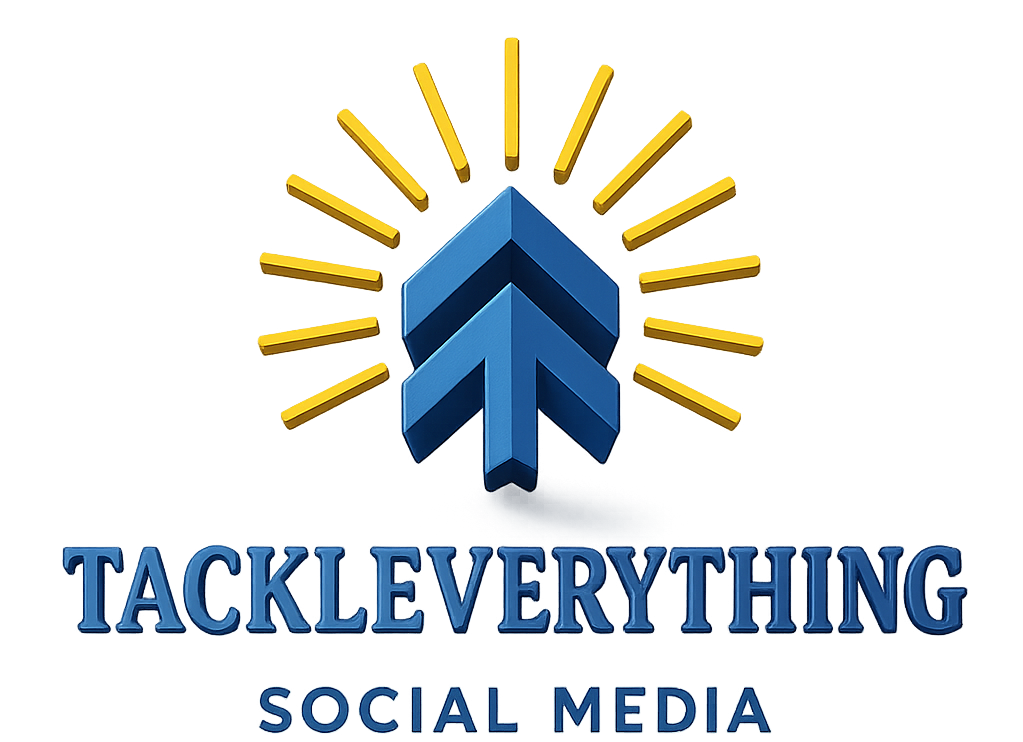In a rapidly evolving digital world, traditional education is no longer enough to prepare children for the future. Parents across the globe are recognizing this shift and are actively searching for future-focused education content that goes beyond textbooks. From coding for kids to financial literacy, artificial intelligence, and entrepreneurship, modern parents want their children to be ready for the challenges—and opportunities—of tomorrow.
This growing demand is transforming the way families approach learning at home and school. Here’s why it’s happening and what it means for the future of education.
1. The World Is Changing—And So Are Career Paths
Automation, AI, and technological advancements are rapidly reshaping the job market. Many of the jobs that will exist in the next 10–15 years don’t even exist today. Parents are aware of this uncertainty and want their children to be equipped with skills that ensure adaptability and long-term success.
Future-ready skills include:
- Coding and programming
- Data literacy
- Critical thinking
- Creativity
- Problem-solving
- Digital communication
Websites like Code.org, Khan Academy, and Tynker are already helping millions of kids acquire these in-demand skills.
2. Parents Want More Than Academic Success
Modern parenting emphasizes holistic development. Parents want their children to excel not only in academics but also in emotional intelligence, social skills, and real-world awareness. This has fueled interest in educational content that supports:
- Mindfulness and mental health
- Leadership and public speaking
- Financial literacy
- Time management
- Entrepreneurship for kids
Platforms like Outschool and Skillshare offer flexible learning in all of these areas.
3. Digital Natives Need Digital Education
Today’s kids are growing up with screens, apps, and smart technology. Parents understand that digital literacy is not just useful—it’s essential. They want their children to learn how to safely and effectively use technology, not just consume it passively.
As a result, more parents are turning to:
- Online coding bootcamps for kids
- STEM-based YouTube channels
- AI learning apps like Scratch and Blockly
- Cyber safety courses
They’re not just looking for games—they’re looking for interactive and educational tech tools that build digital fluency.
4. Rise of Online Learning Communities and Platforms
Thanks to the internet, learning is no longer confined to the classroom. Parents are actively exploring online courses, eBooks, YouTube channels, and learning apps to supplement their child’s education.
Popular educational YouTube channels for kids like:
are gaining millions of views from parents who want trusted, expert-led content for their kids.
5. The Shift Toward Personalized Learning
Every child learns differently. Parents now seek educational content that adapts to their child’s pace, interests, and strengths. Future-focused content often includes:
- Gamified learning platforms that reward progress
- AI-powered education tools that adjust to skill levels
- Customizable curriculum paths for homeschooling
Apps like Prodigy and Duolingo are good examples of personalized, engaging learning experiences.
6. Focus on Real-World Application
Parents don’t want their children to just memorize—they want them to understand, apply, and innovate. This means more interest in project-based learning, real-world challenges, and collaborative problem-solving exercises.
Future-focused content often includes:
- Simulations and role-plays
- Case studies
- Design thinking activities
- Maker-based projects
These formats help children connect classroom knowledge with practical life situations.
7. Social Influence and Peer Learning
With social media playing a big role in parenting trends, many parents discover future-focused education content through:
- Facebook parenting groups
- Education influencers on Instagram and YouTube
- Peer recommendations in online forums like Reddit and Quora
This peer-driven discovery leads to faster adoption of high-quality content that others trust and use successfully.
Final Thoughts
Parents are no longer passive participants in their children’s education. They are proactive, resourceful, and future-focused, constantly seeking content that prepares their kids for a world of change.
This shift creates enormous opportunities for educators, content creators, edtech platforms, and digital product sellers. Whether you’re building an online course, starting a YouTube channel for kids, or offering a learning app—now is the time to create future-focused education content that speaks to modern parents.
Quick Tips for Content Creators and Educators:
- Focus on practical, skill-based learning (e.g., coding, finance, AI)
- Make content interactive and engaging for kids
- Offer easy-to-follow guidance for parents
- Build trust with research-backed content and expert insights
- Include visuals, animations, and storytelling to boost retention
The future belongs to the curious—and today’s parents are ready to invest in it. Are you creating what they’re searching for?




This is such an interesting read! It’s amazing to see how education is evolving to meet the needs of every child. I love that parents are now seeking content tailored to their kids’ unique learning styles—it’s a game-changer. The role of social media in discovering educational resources is fascinating, but I wonder how we can ensure the quality of these materials. Do you think this shift will eventually replace traditional learning methods? Also, how can we make sure that all families, regardless of their background, have access to these resources? I’d love to hear your thoughts on this!
This shift in educational content consumption is truly fascinating. It’s amazing to see how parents are actively seeking resources that cater to their child’s unique learning style. The rise of platforms like YouTube for educational purposes shows how technology is reshaping traditional learning methods. I wonder, though, how effective these resources are compared to structured classroom learning. It’s also interesting how peer recommendations play such a significant role in discovering new content. Do you think this trend will eventually replace conventional educational tools, or will it complement them? What’s your take on the balance between technology and traditional learning methods?
I respect your piece of work, thanks for all the interesting articles.